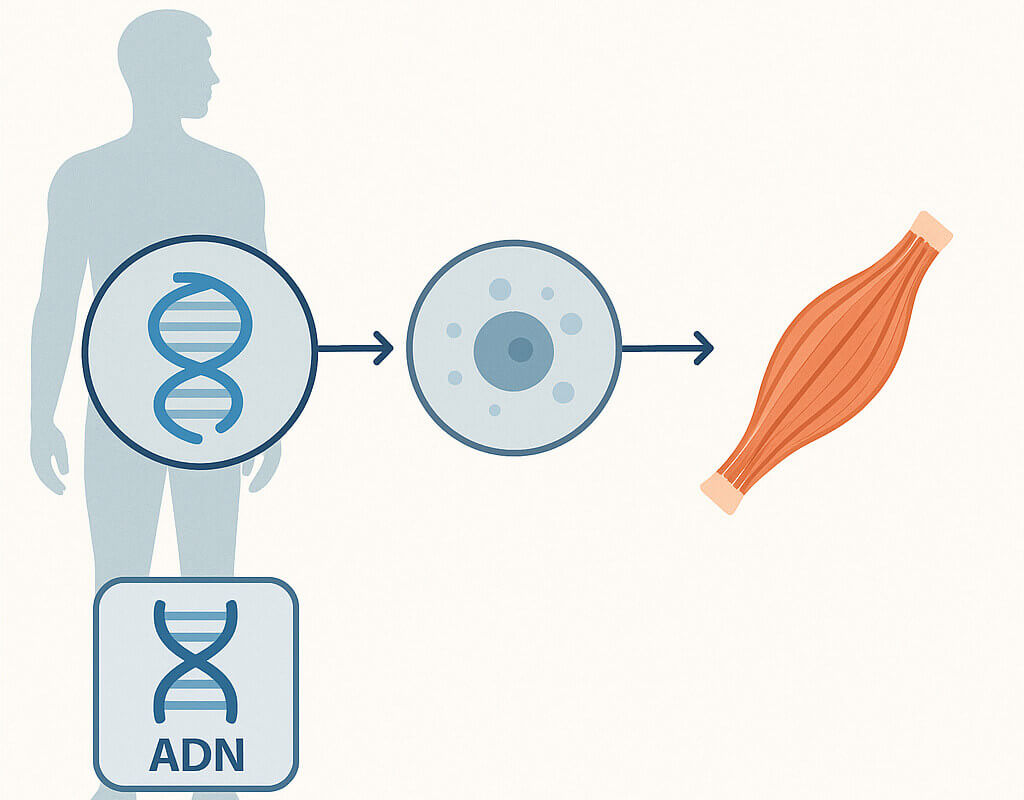Nutrition for athletes is a critical component in optimizing physical performance and accelerating recovery. In recent years, advancements in genetics have enabled the customization of nutrition plans based on the unique needs of each individual.
This innovative approach not only enhances performance but also prevents injuries and promotes overall athlete health.
The role of genetic testing in nutrition for athletes
Genetic testing has revolutionized nutrition for athletes by identifying how the body processes specific nutrients and food intolerances, and how genes impact factors such as metabolism and muscle recovery.
Key benefits of integrating genetics into nutrition include:
- Personalized diets: Through genetic analysis, athletes can determine which foods are most effective for boosting energy and improving performance.
- Injury prevention: Genetics can identify predispositions to nutritional deficiencies that may lead to injuries or fatigue.
- Enhanced recovery: Understanding how the body metabolizes proteins and other essential nutrients allows for the design of diets that accelerate post-workout recovery.
How does personalized nutrition for athletes work?
Personalized nutrition starts with a genetic test, which involves collecting a saliva or blood sample. The results of this test provide valuable insights into:
- Tolerance to carbohydrates, fats, and proteins.
- Responses to micronutrients such as iron, calcium, and vitamins.
- Predispositions to metabolic conditions affecting performance.
Based on these findings, a tailored nutrition for athletes plan is developed to meet the specific genetic needs of the individual.
Success stories: Athletes benefiting from personalized nutrition
Many elite athletes have embraced this approach to optimize their results. For example:
- A marathon runner adjusted their carbohydrate and protein intake based on genetic insights, which significantly improved their endurance.
- A weightlifter identified deficiencies in vitamin D and magnesium affecting their recovery and resolved these issues with a customized diet.
Why is nutrition for athletes based on genetics the future?
Traditional nutrition for athletes relies on general recommendations that do not always address individual needs. However, incorporating genetics makes nutritional plans more effective because they:
- Cater to the unique characteristics of each person.
- Minimize the risk of dietary errors.
- Maximize performance and long-term health benefits.
Nutrition for athletes, when personalized through genetic testing, represents a groundbreaking shift in the sports world. This approach combines science and technology to deliver tailored solutions that optimize performance and improve athletes’ quality of life.
If you want to take your performance to the next level, integrating genetics into your nutrition plan is undoubtedly the way forward. Are you ready to unlock your body’s full potential? Contact us to find out how we can help you here https://xtendcells.com/boost-athlete-performance/





